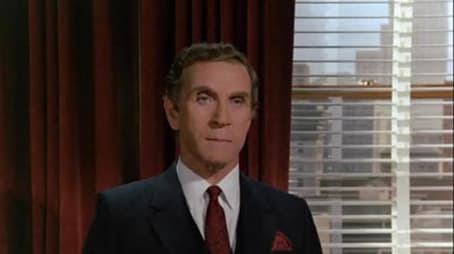
Sorry, we have not watched this yet.

A veteran reporter, who suffered a heart attack, says his best medicine would be the removal of his publisher who has turned a good paper into a yellow rag.
Sorry, we have not watched this yet.